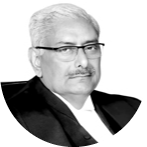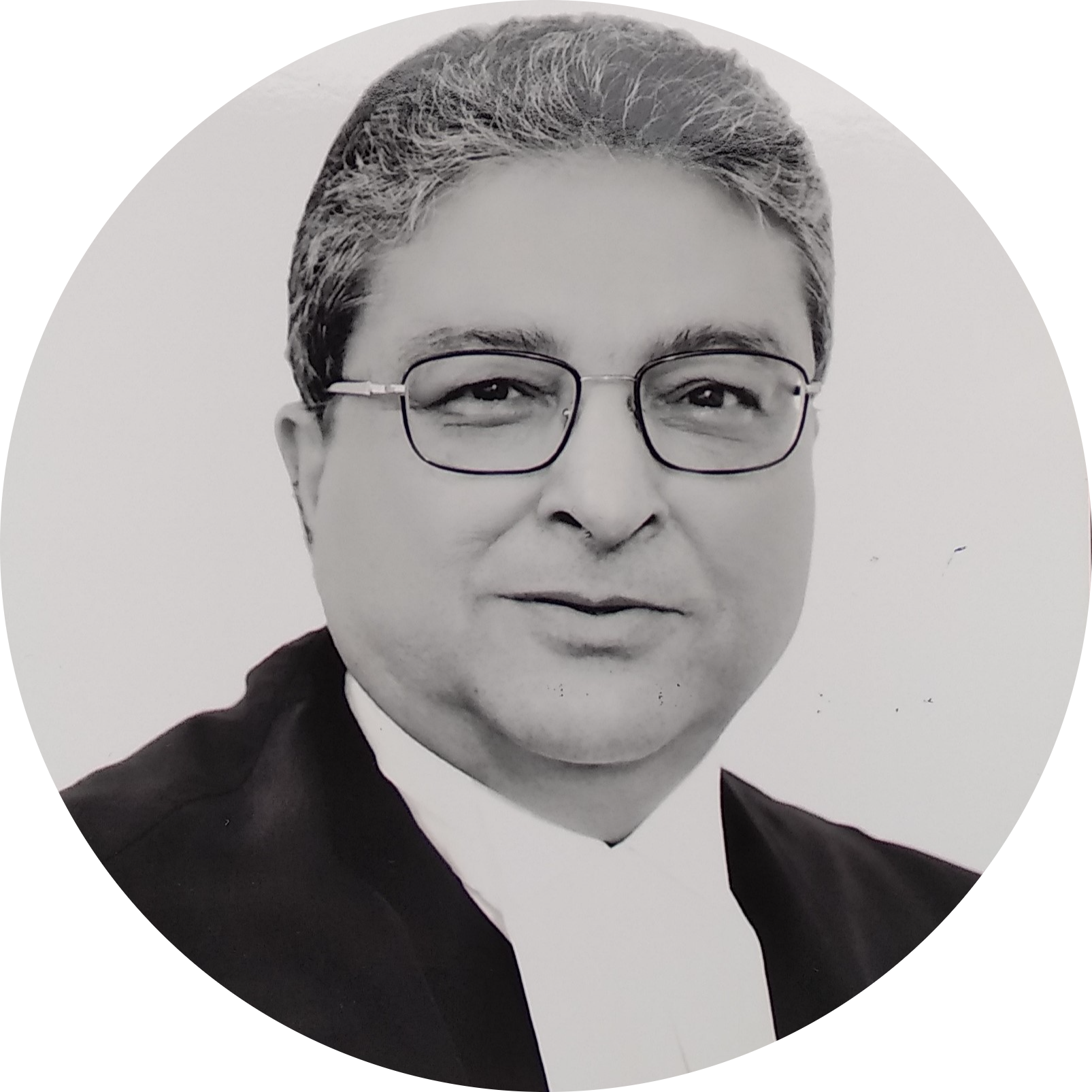
The Supreme Court upheld the constitutional validity of Parliament’s 2018 Amendment to the Prevention of Atrocities Act.



Petitioner: Priya Sharma; Prathvi Raj Chauhan; India For Rule of Law Foundation; Sandeep Lamba
Lawyers: Shashi Kiran
Respondent: Union of India
Lawyers: K.K. Venugopal
Case Number: WP (C) 1015/2018
Last Updated: August 11, 2022
Does the bar on grant of anticipatory bail violate the right to equality?
Does the bar on anticipatory bail infringe the personal liberty of an individual who has been booked under the Act?
Does the power of automatic arrest violate the safeguards under sections 41 and 41A of the Criminal Procedure Code, 1908?
Does the power of automatic arrest violate the protection of reasonable procedure under the right to life?
The petitioners have challenged the constitutional validity of the s 18A of the Schedule Castes and Scheduled Tribes (Prevention of Atrocities) Act,1989 (the Act), introduced by the 2018 Amendment to the Act. The section allows for ‘automatic arrest’ which is an arrest without an FIR or prior approval. It also places a bar on anticipatory bail (under s 438 of the CrPC) for cases filed under the Act. The Court will assess whether s 18A violates the fundamental rights to equality, life and liberty.
Further, the Court will examine if the Amendment violates the principle of judicial review, a basic feature of the Constitution. The Amendment directly undid a Supreme Court order.
In 2018, Parliament introduced s 18A to overturn safeguards introduced by the Supreme Court in its Kashinath Mahajan v State of Maharashtra. s 18A undoes all three of the following safeguards introduced by the judgment:
The safeguards from the Kashinath Mahajan judgment were intended to prevent people from abusing the SC/ST (Prevention of Atrocities) Act, 1989. They were a response to the allegedly rising number of false charges being filed using the Act and were meant to ensure that people accused under the Act were not presumed guilty and denied due process.
Immediately after the judgment was delivered, Parliament moved to undo it. The judgment caused violent protests. Dalit and Adivasi groups organised massive rallies that unfortunately resulted in several deaths.
The State then passed the 2018 Amendment, not waiting for the the Supreme Court to hear the review petition that had been filed which challenged the Kashinath Mahajan judgment.
On September 7th 2018, a Supreme Court Bench comprising A.K. Sikri and Ashok Bhushan JJ issued a notice to the Centre to file their response to this petition. On October 29th 2018, the Central Government filed an affidavit stating that the Parliament is competent to bring about the amendment to the Act. The Affidavit further records that high rates on acquittals in cases filed under the SC/ST (Prevention of Atrocities) Act cannot be the basis for the assumption that a majority of the cases filed under it are false.
On January 24th 2019, the Court clubbed the petitions challenging the 2018 Amendment with the review petitions challenging Kashinath Mahajan. It is unusual for writ petitions to be heard together with review petitions, as review petitions have a much narrower scope.
On May 1st 2019, the Court reserved judgment in the review petition, with the rest of the oral arguments in the writ petition deferred to a later date. Then on September 13th 2019, in an unexpected move, Justices Arun Mishra and UU Lalit referred the review petition to a three judge bench, comprising Justices Mishra, Shah and Gavai, citing the ‘importance of the matter’. Soon after, the writ petition was tagged with the review petition.
On 1 October 2019, the Court recalled its directions in Kashinath Mahajan, in effect endorsing the 2018 Amendment and rejecting the prayers in the writ petitions. In a brief hearing on October 3rd 2019, the Court reserved the judgment in the writ petitions, noting that the issues raised in them have been answered in the judgment in the review petition.
On February 10th 2020, the Court formally upheld the constitutionality of the 2018 Amendment. Justice Arun Mishra wrote the majority on behalf of himself and Justice Vineet Saran. Justice S.R. Bhat wrote a concurring opinion.
Final Judgment: Supreme Court in Prathvi Raj Chouhan v Union of India